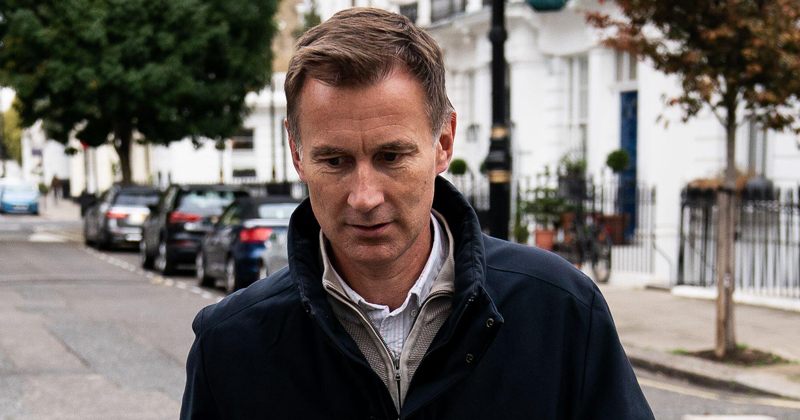One of the few education policy pledges to have emerged from the Tory leadership contest is Liz Truss’s commitment to end the ban on grammar schools. Like many past and current Tory cabinet ministers, Truss views grammar schools as escape routes from poverty. But the idea that selection provides bright working-class children opportunities they are denied in a comprehensive system relies heavily on highlighting past individual successes without establishing how representative they actually are – or ever were.
David Jesson’s 2007 research clearly demonstrated that the surviving grammar schools in England were and are, in the main, schools for the middle classes. What Jesson showed was that the proportion of children eligible for free school meals – which may be an imperfect measure, but is the most commonly used indicator of social disadvantage – is much lower in selective than in non-selective schools in every one of the 36 local authorities that retain at least some grammar schools.


